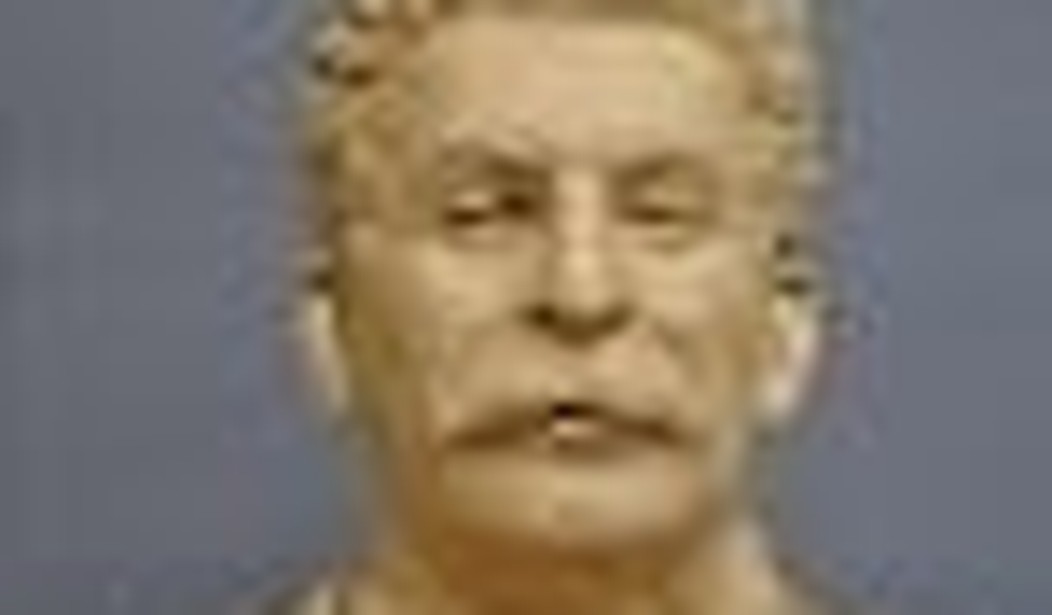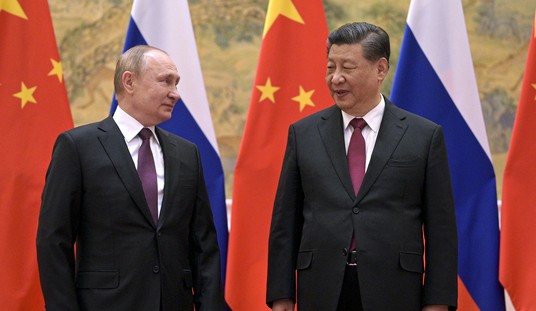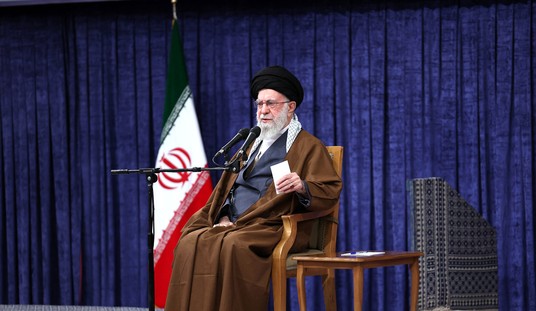In keeping silent about evil, in burying it so deep within us that no sign of it appears on the surface, we are implanting it, and it will rise up a thousand-fold in the future.
— Alexander Solzhenitsyn, The Gulag Archipelago
The foundation that oversees the revered site of our National D-Day Memorial, according to a New York Daily News report, has caused an outcry for including in its lineup of Allied leaders a bust of Joseph Stalin.
The Soviet dictator slaughtered more people than Adolf Hitler during his rule, provided no assistance in storming the beaches at Normandy in 1944, murdered millions of Ukrainians even before he and Hitler divided up Poland, triggered World War II in 1939, joined in marching a million Poles and Jews off to Siberia as Hitler’s ally, killed 22,000 Polish officers in the Katyn Forest, changed sides when Hitler invaded his territory, and then enslaved Eastern Europe for 50 years after casting out the retreating Germans.
In response to protestations by WWII veterans and relatives of those who fought and died in the war, the president of the foundation (the National D-Day Memorial Foundation, Inc.), William McIntosh, contended that Stalin’s bust is included with those of Franklin Roosevelt and Winston Churchill because the Soviets “secured the eastern front and helped win the war.”
Alex Storozynski, whose father fought on D-Day as a member of a Polish Army unit, took issue with this explanation. “Given McIntosh’s logic,” he said, “should America put up a statue of Saddam Hussein because he was an ally of the U.S. in the 1980s when we supported Iraq in a war against Iran?”
The most eloquent objection to the inclusion of Stalin’s bust came from Alan Kors, a professor of history at the University of Pennsylvania. In “Can There Be an ‘After Socialism’?” Kors passionately decried the perpetual and apathetic failure of Western intellectuals to bear witness to the unprecedented numbers of Communism’s “slain innocents” — “to step around the Everest of bodies of the victims of Communism without a tear, a scruple, a regret, an act of contrition, or a reevaluation of self, soul, and mind.”
In an equally passionate letter to the leaders of the memorial foundation, widely circulated by email, Kors wrote:
It is morally unthinkable that the butcher and sadist Stalin, who massacred even more Russians than the unspeakable Hitler, would be honored with a bust at the virtually sacred site of our National D-Day Memorial, which honors human liberation. In the name of decency, honor, and a belated mercy to his victims, I beg you reconsider your decision and to represent Russia by a bust of a brave Russian soldier. A bust of Stalin is an insult to humanity and a violation of the corpses he chose to leave in the scores of millions.
Most likely the foundation leaders acted inattentively and insensitively, and certainly without malice of forethought, in elevating Stalin to the pantheon of WWII heroes. But in doing so they conspicuously joined with the many other prominent Westerners who have failed to bear moral witness before the world to this monster’s heinous deeds. The honor they paid him stands as a particularly ominous and hurtful example of the moral blackout that shrouds modern times.
In After Virtue, Alisdair MacIntyre warned that this — the contemporary “radical incapacity” to be guided by moral reasoning, to envisage in moral terms our dealings with the living and the dead, or even to discern our own moral blindness — will be catastrophic for the human race and must be overcome.
In the end, the celebration of Stalin at our National D-Day Memorial was, to alter Kors’s phrase, all too morally thinkable.









Join the conversation as a VIP Member